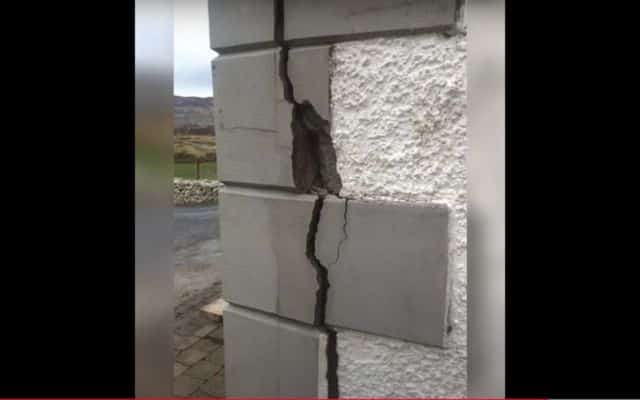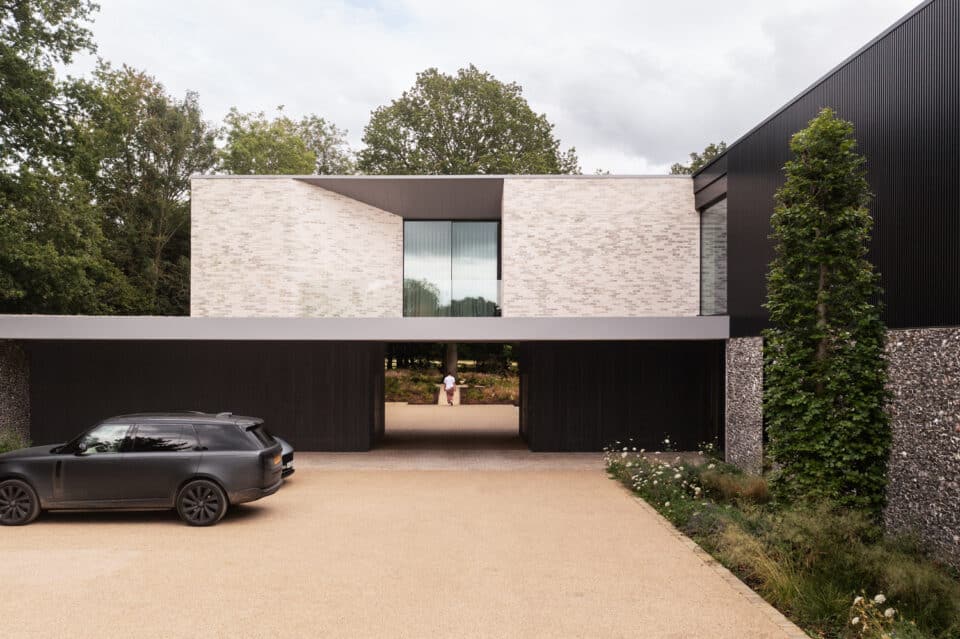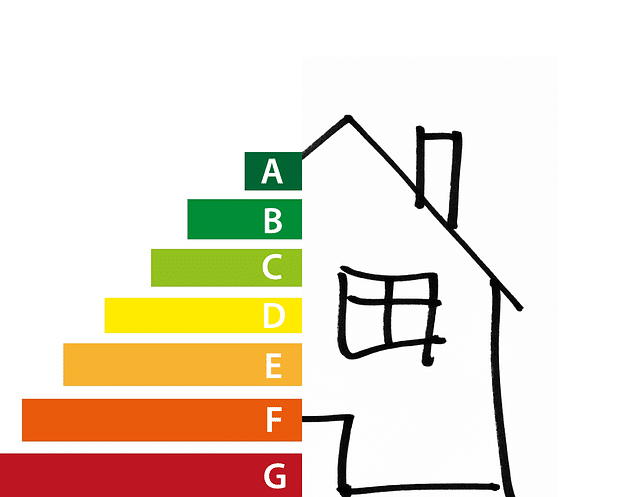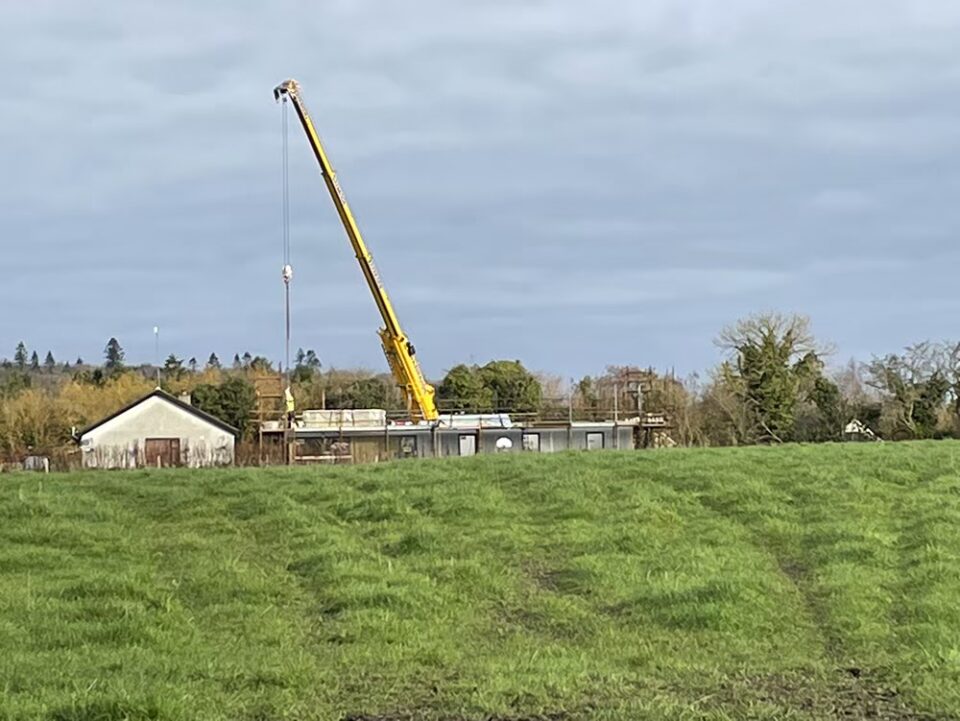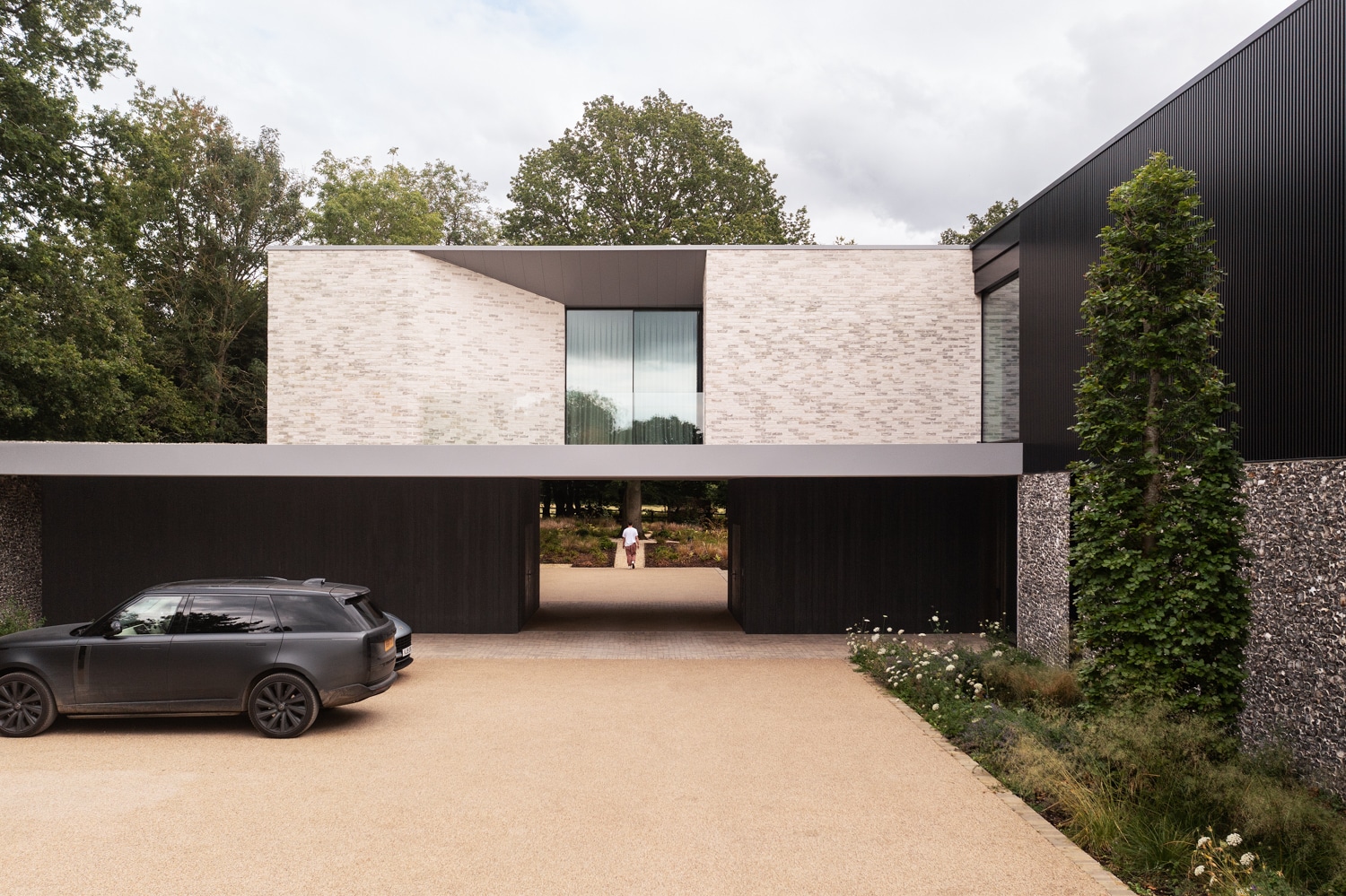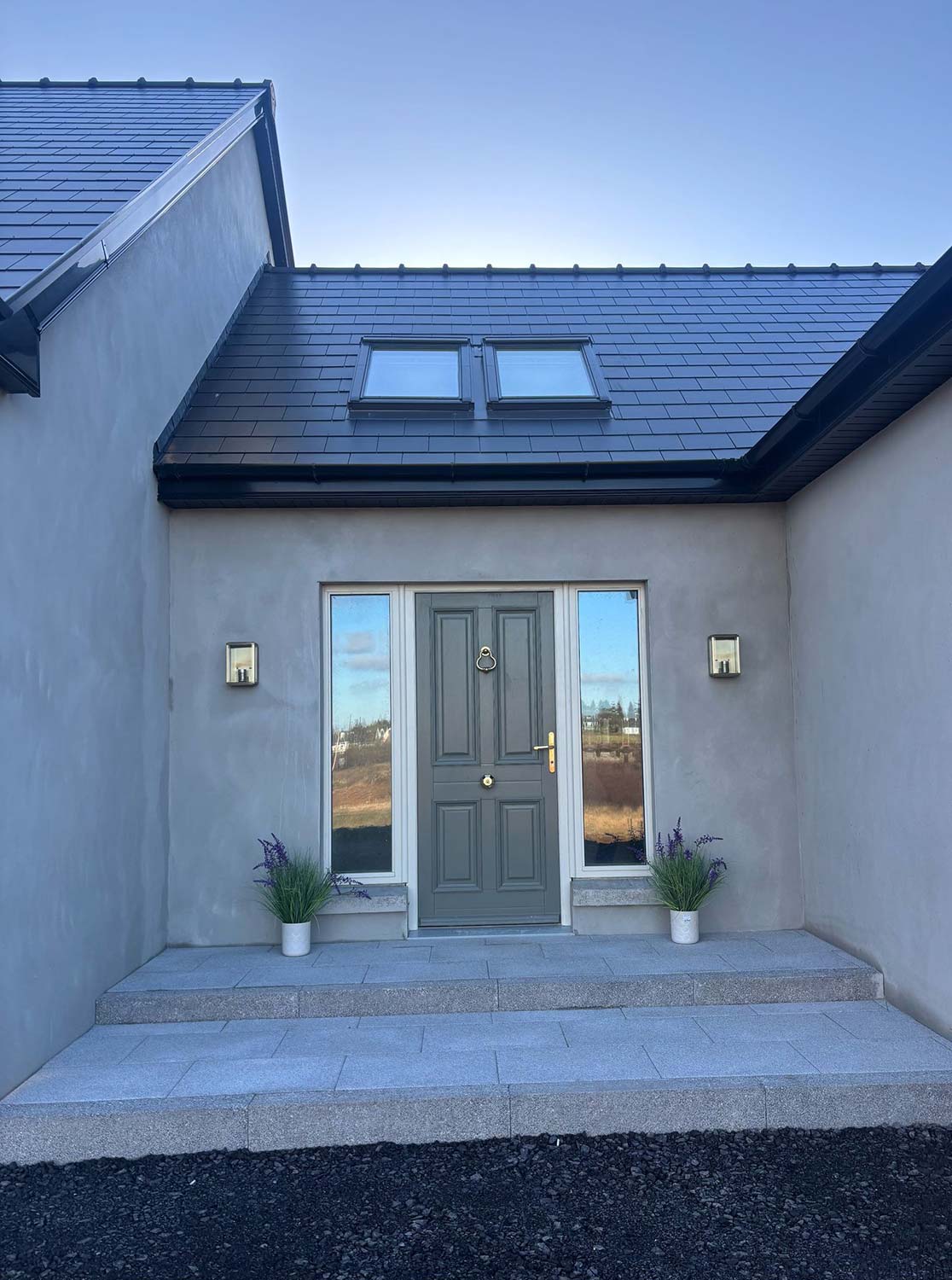In this article we cover:
- New measures by the ROI government to help defective concrete block homeowners
- Why homeowners are still out of pocket
- What the defective concrete block scheme is
Retrospective payments under the Defective Concrete Blocks Scheme were welcomed by homeowners affected by defective concrete blocks, however many are still out of pocket.
The ROI government’s grant scheme to help homeowners rebuild their home was introduced in phases; at first the grant was only available to renovate homes affected by defective blocks.
The latest applicants benefited from a higher rate of payment for the per square metre rate, which the government now says will apply retrospectively to eligible applicants.
Despite this welcome news, homeowners are finding that the current higher rates offered by the government are 18 months old.
“Homeowners are facing shortfalls of between €50-150k on average,” says defective blocks campaigner Michael Doherty
“In our local microclimate of Defective Concrete Blocks counties, we know that this approximately 8 per cent increase barely touches the sides of what contractors are charging in a market where they can price jobs like they don’t want them and still get them,” homeowner Michael Doherty, who is in the process of rebuilding his defective block affected home, told Selfbuild.
“This particularly applies to homes over 200sqm where they suffer the double whammy of square metre rates that don’t match contractor rates then on top of that, a cap that means you effectively pay 100 per cent of every sqm after 200sqm meaning homeowners facing shortfalls between €50-150k on average with most on the higher end of this range and beyond.”
Doherty says the Society of Chartered Surveyors Ireland (SCSI) has since provided new increased rates as per the annual review included in the Government Enhanced DCB scheme. “We are in arrears already by six months with not even a mention of these latest uplifts, but instead, choosing to publish the out of date rates that should have been in place 18 months ago,” he added.
“This behaviour is not new to us as we continue to fight for a true 100 per cent redress for all affected families with no one left behind.”
What changes have been put in place
Currently these increases only apply to eligible homeowners yet to receive a determination in respect of remediation option and grant amount.
In other words, some homeowners who have been impacted by higher construction costs cannot receive this increase. Under the changes, proposed by Minister for Housing, Heritage and Local Government, James Browne, eligible homeowners will now be entitled to apply for the higher amounts.
Along with details around retrospective payments, the Bill will include several amendments to assist in the improved running of the scheme including:
Side-by-side construction: The proposed changes will provide for the scheme to fund the construction of a new dwelling adjacent to the original defective home in very limited circumstances for specific homeowner families.
Period to complete works is extended: The changes will increase the time allowed to complete remediation works from 65 weeks to 130 weeks and the advance notice period for the extension to this period goes from 12 weeks to 2 weeks.
The long-running saga of defective blocks
The Defective Concrete Blocks Grant Scheme is a grant scheme to support affected homeowners to remediate homes damaged by the use of defective concrete blocks in its construction in counties Clare, Donegal, Limerick, Mayo and Sligo.
More counties are believed to have homes built with defective blocks but the scheme is not open to them. In 2022, defective blocks had already been found in 13 counties across Ireland.
So far, the government says there have been over 2,500 applications to the scheme, which are processed through the local authorities.
In 2017, 5,000 homes affected by defective concrete blocks had already been identified.

